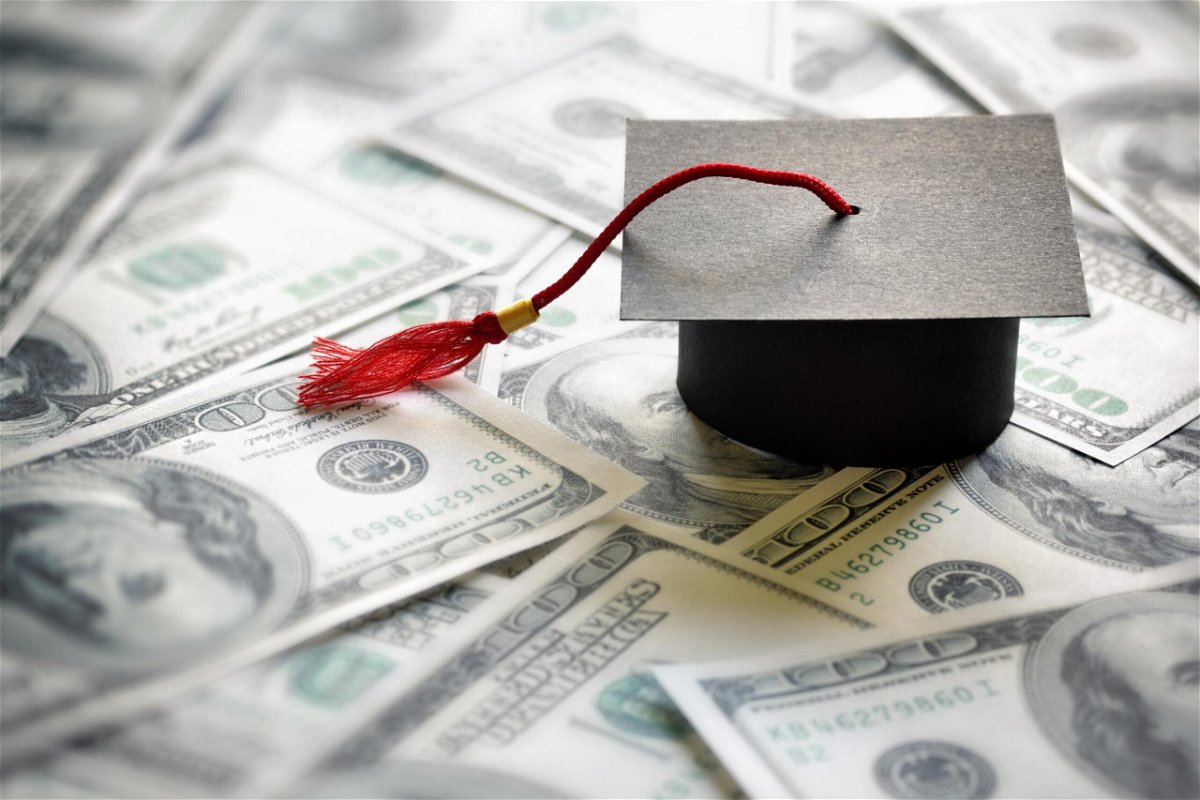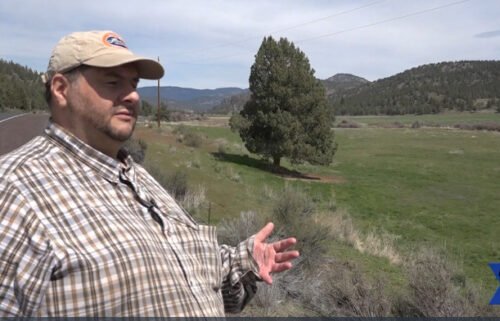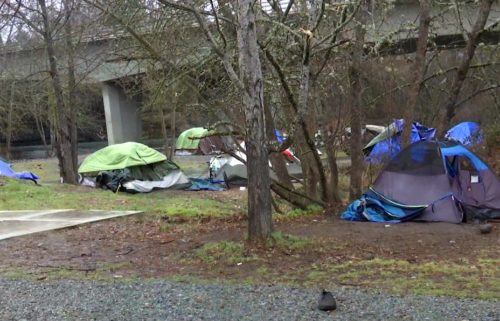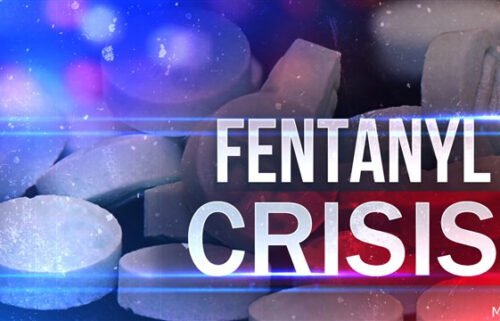What Biden is missing on for-profit college debt

For-profit colleges have helped fuel America's student debt problems.
By Katie Lobosco, CNN
The Biden administration has pledged to make college more affordable. But it has chosen not to reinstate an Obama-era rule meant to prevent students from taking on too much debt to attend predatory for-profit colleges.
The rule was repealed by former Education Secretary Betsy DeVos, who was later sued over the decision. The Biden administration asked a judge late last year to keep the repeal in place while it undertakes a monthslong process to write a new version.
It’s a move that has surprised some student loan borrower advocates.
“If the Biden administration is serious about protecting students, it makes no sense that they’re continuing to fight them in court,” said Aaron Ament, president of the National Student Legal Defense Network, which filed the lawsuit in 2020.
“They can help right now, all they have to do is stop defending Betsy DeVos’ illegal decisions,” added Ament, who previously served as an attorney for the US Department of Education under the Obama administration.
For-profit colleges have helped fuel America’s student debt problems. About 11% of for-profit college students default, compared with 7% of students who attend public colleges and about 5% who attend private, nonprofit colleges, according to the latest data from the Department of Education.
Many for-profits’ programs don’t lead to higher-paying jobs, leaving some students struggling to pay off their debt. The Department of Education has found that several for-profit schools defrauded their students and, as a result, it has forgiven the debt of thousands of those borrowers — a move that delivers debt relief but also costs taxpayers money.
Known as “gainful employment,” the rule aimed to identify low-performing for-profit colleges and certificate programs at nonprofit colleges — meaning those whose graduates had high student loan payments relative to their income. Those that fell short of the government’s standards would lose access to federal funding. As a result, their students would be blocked from borrowing federal student loans and receiving other types of federal financial aid.
DeVos repealed the rule in 2019, arguing that it failed to account for factors that could affect a graduate’s earnings other than program quality. She also criticized the rule for holding for-profit colleges to a higher standard than nonprofit institutions.
Biden administration wants to rewrite the rule
The Department of Education intends to put a new rule in place that sets standards around gainful employment. In order to do so, it’s beginning a formal rule-making process as soon as next week. The process, known as negotiated rule-making, includes a series of meetings followed by a public comment period that typically takes months.
“We are committed to restoring a strong gainful employment rule as quickly as possible,” said Education Department Under Secretary James Kvaal in a statement sent to CNN.
“While we respect and appreciate outside feedback on the best route to that goal, our judgment is that focusing on the regulatory process will produce the best, most durable rule to protect students,” added Kvaal, who played a significant role in writing the first gainful employment rule.
But while the department goes through the rule-making process, the student protections provided by the previous gainful employment regulation won’t be in place, allowing people to potentially enroll in risky college programs in the meantime.
In a court document, Kvaal argued that, from an operations perspective, it would likely take at least a year, if not longer, to fully implement the former rule. It’s unclear if that could happen before a new rule takes effect, he wrote.
If the previous rule is reinstated, the department anticipates it would have to fight new lawsuits, according to court documents.
Targeting for-profit colleges
Other actions taken by the Biden administration have suggested it intends to target the for-profit college sector. The Federal Trade Commission, for example, sent 70 for-profit colleges a letter in October, putting them on notice that the agency plans to crack down on any false promises they make about their graduates’ job and earnings prospects.
Plus, a Biden-backed plan to expand Pell grants — a type of federal aid awarded to students with exceptional financial need — would make for-profit college students ineligible for the money. The plan was included in the Democrats’ Build Back Better legislation, which has stalled in the Senate.
“I do think it’s a priority for them, but I think they could do more. It was a little surprising that they didn’t put gainful employment back into effect,” said Carolyn Fast, an attorney and a senior fellow at The Century Foundation, where she works on higher education policy.
“The timeline for getting a new rule in place is pretty long. It seems to make sense to have the old rule in place in the meantime to make sure students aren’t enrolling in programs that aren’t going to meet the standards,” she said.
How the rule was intended to work
The gainful employment rule required for-profit colleges and career certificate programs at nonprofit colleges to post debt-to-earnings ratios, proving that their students could find good-paying jobs upon graduating. If the average ratio did not meet government standards for two out of three consecutive years, the school’s federal funding would be revoked.
Ratings were published in 2017, finding more than 800 programs that failed to meet the department’s standards. But DeVos revoked the rule before any of the institutions lost federal funding.
The rule still had some effect by disclosing programs whose students are saddled with debt they can’t afford. A graduate theater program at Harvard University, for example, froze enrollment after getting a failing grade in the government’s report.
Canceling debt vs. tackling college affordability
To date, the Biden administration has canceled about $2.8 billion in student loan debt owed by students who were defrauded by their for-profit colleges, according to the Department of Education. It did so by reversing a DeVos policy that limited the amount of relief due to defrauded borrowers and by determining that 115,000 former students of ITT Technical Institute, a now-defunct for-profit, were eligible for automatic forgiveness.
But those actions offer relief only after someone has been defrauded. The gainful employment rule attempts to prevent the problem from happening in the first place, protecting students from taking out debt that they won’t be able to afford to pay back.
“Instead of cleaning up problems on the back end, they could clean up things on the front end, too, and save a lot of people from heartache,” Fast said.
The-CNN-Wire
™ & © 2022 Cable News Network, Inc., a WarnerMedia Company. All rights reserved.



